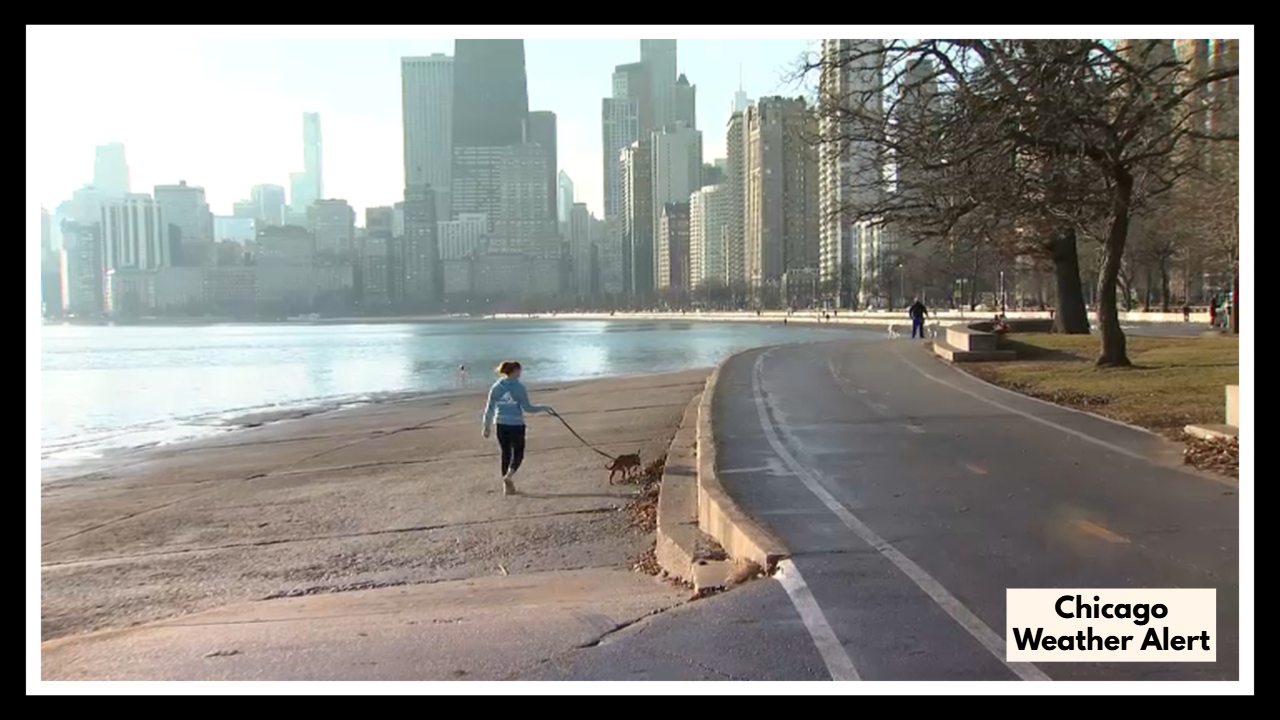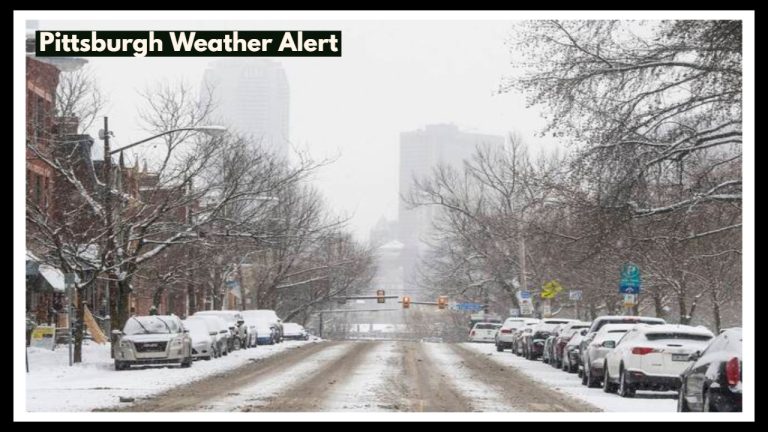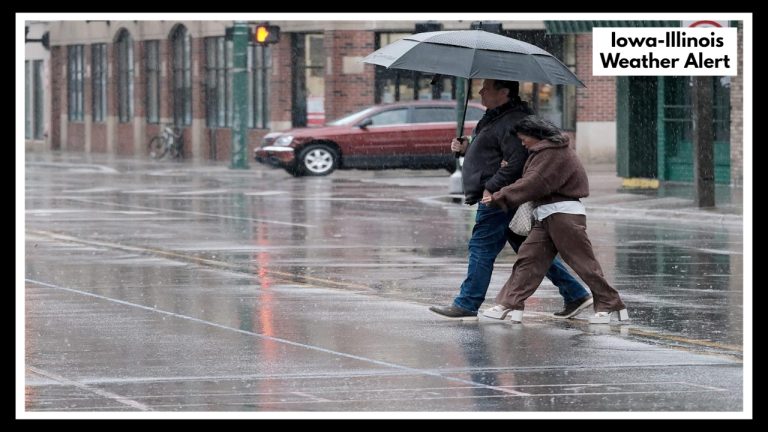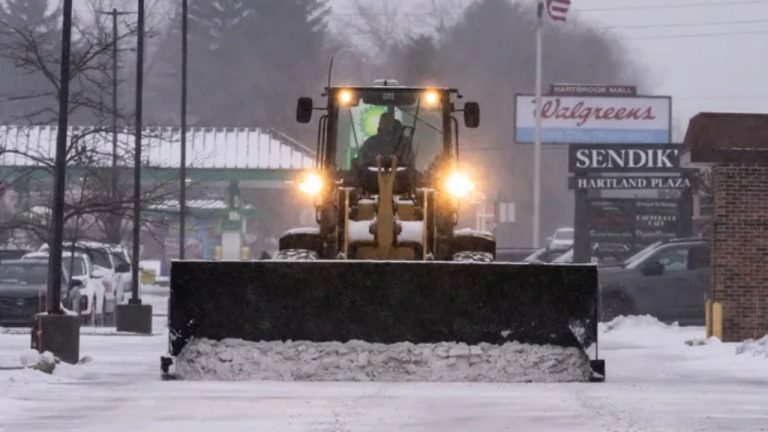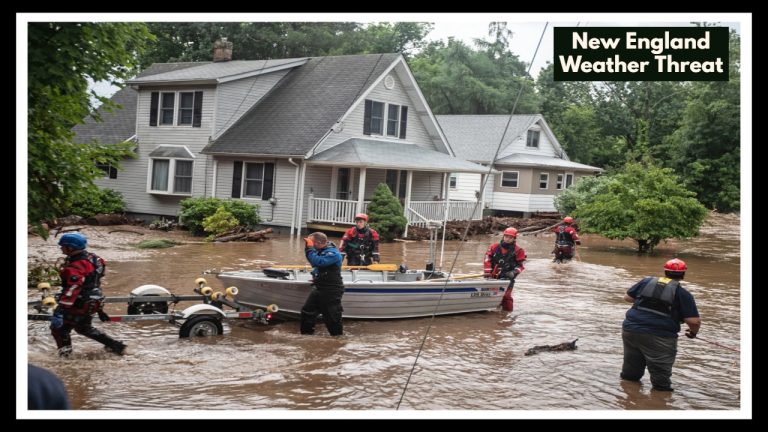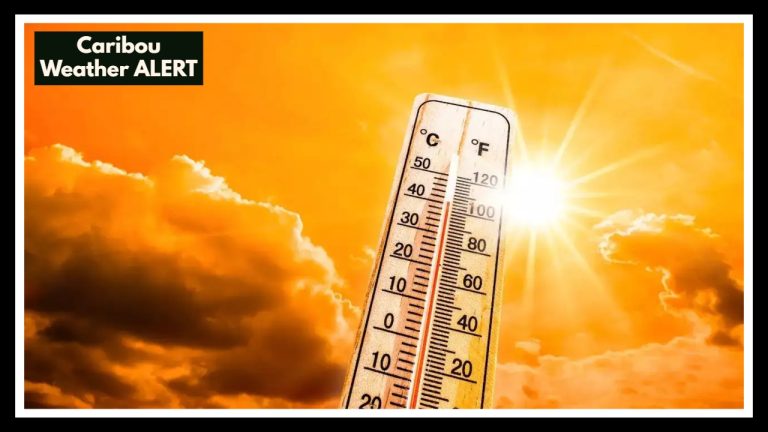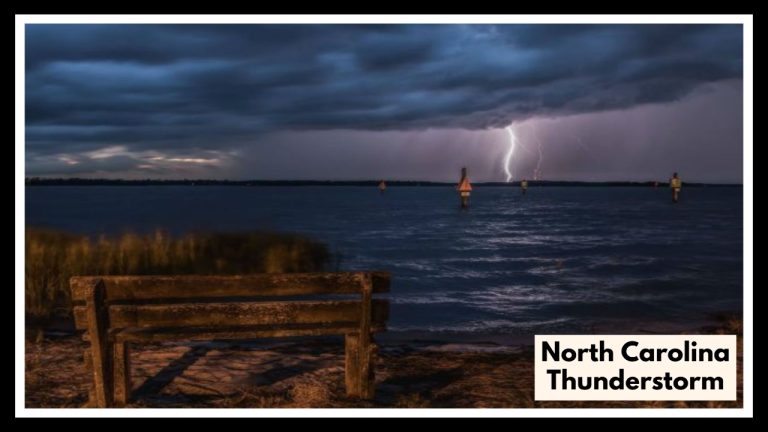Chicago Weather Alert: Why Tuesday Night Could Be a Travel Nightmare
If you’ve got plans to be out Tuesday evening, you might want to make some adjustments. A Chicago Weather Alert is in effect as a strong line of storms is expected to move through the area that night. Forecasters are warning that conditions could get rough — with heavy rain, strong winds, and likely delays for commuters and travelers.
This storm is riding in on a cold front, and it’s packing enough punch to stir up scattered thunderstorms capable of dumping a lot of rain in a short amount of time. The worst of it is expected after sunset — right when many people are hitting the roads or heading to the airport. Not ideal timing.
So, What’s Headed Our Way?
You’ll likely start to see showers roll in by late afternoon, but things are expected to ramp up in the evening. Some storms could produce wind gusts up to 60 mph — strong enough to knock over trash bins, snap tree branches, and even down some power lines. And with the kind of rain expected, street flooding in low-lying areas is definitely on the table.
If you’re flying out of O’Hare or Midway Tuesday night, there’s a good chance of delays or even cancellations. It’s best to stay in close touch with your airline and give yourself extra time to get where you’re going.
Chicago Weather Alert: Why This Storm Deserves Attention
Now, this isn’t a historic storm or anything — no need to panic — but it’s more than just some spring showers. What makes this Chicago Weather Alert important is the timing. Evening storms that hit during rush hour or after dark tend to cause more problems, especially when wind and rain hit hard all at once.
If you have to be out, expect slower drive times, slick roads, and possible power outages. If you’re flying, brace for airport headaches. And if you’re staying in, a few minutes of prep could save you a lot of stress later.
Quick Things You Can Do Right Now
-
Charge your phone and any backup batteries so you’re not in the dark if the power goes out.
-
Bring in or tie down anything outside — lawn chairs, trash cans, umbrellas — anything the wind could grab.
-
Try not to travel during peak storm hours, especially after dark.
-
Stay updated with a reliable weather app, local news station, or alerts from the National Weather Service.
Storms like this are pretty common in the Midwest, but they can still throw a wrench into your day if you’re not ready for them. It’s not about overreacting — it’s about staying smart. A few small steps now can help you avoid big headaches later.
So charge up, check the forecast, and maybe reschedule that late-night trip. And yes — it’s a good idea to keep that umbrella handy.
FAQ About Chicago Weather Alert
1. When should I expect the storm to actually hit?
You’ll probably start to notice some rain in the late afternoon, but the real action is expected to pick up in the evening — after sunset. That’s when things could get a bit messy with heavy downpours and strong winds, right as many folks are heading home or traveling.
2. How bad are these winds going to be?
Pretty strong. Gusts could hit around 60 mph, which is enough to knock over patio furniture, snap tree branches, and even mess with power lines. If it’s not tied down or brought inside, it might not be there in the morning.
3. I’m flying Tuesday night — should I be worried?
Honestly, maybe a little. Storms like this can definitely cause delays or cancellations at O’Hare and Midway. If you’ve got a flight, it’s smart to check with your airline early and often, and give yourself extra time to get there.
4. Is this just another spring storm, or should I be more concerned?
It’s not a major emergency, but it’s more than just a passing shower. The timing (evening hours) and combo of wind and rain make it worth taking seriously. You don’t need to panic — just stay aware and plan ahead.
5. What should I be doing right now to get ready?
A few easy things can really help:
-
Charge your phone and backup battery, just in case the power flickers.
-
Bring in or secure anything outside that could blow away.
-
Try to avoid being on the road once the storm picks up.
-
And most importantly, keep an eye on local weather updates so you’re not caught off guard.

